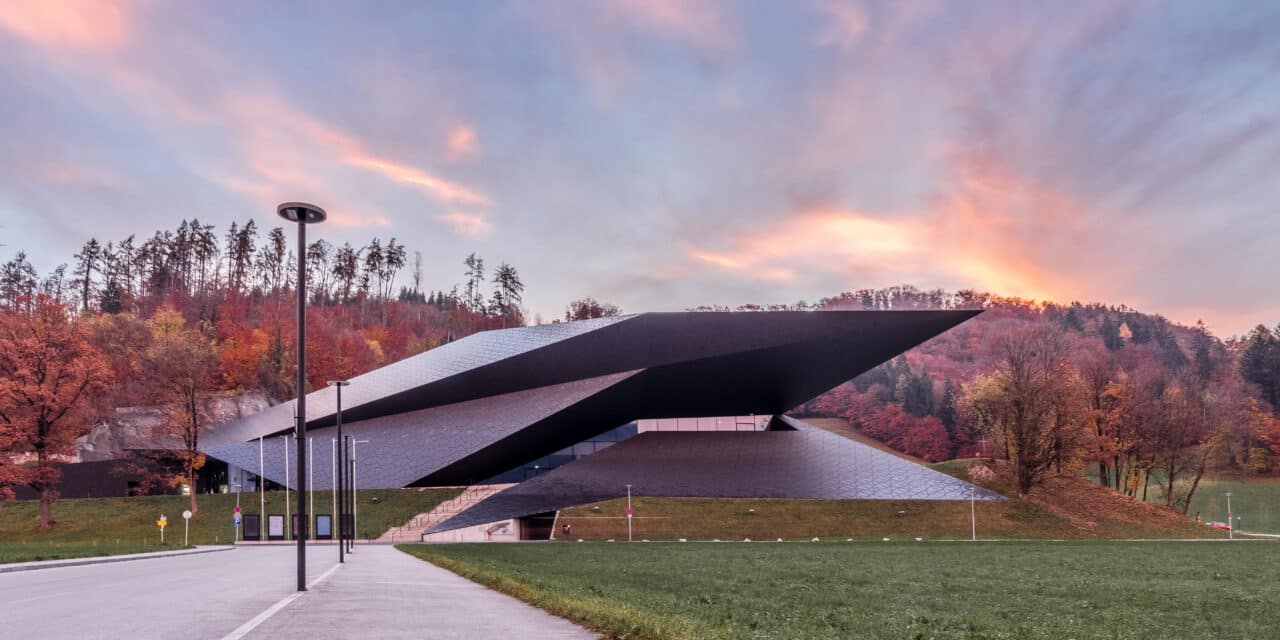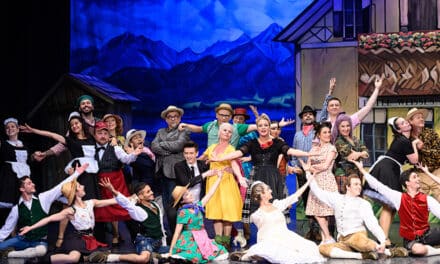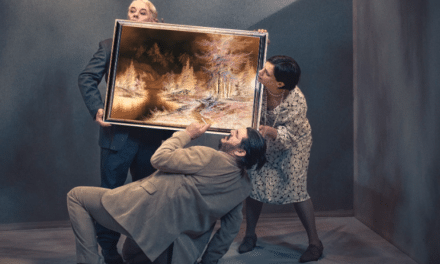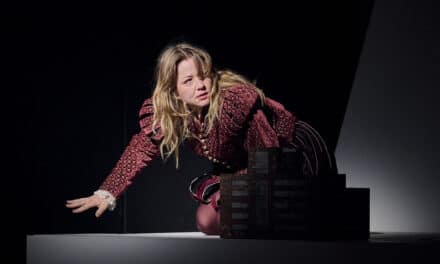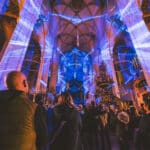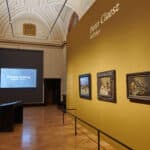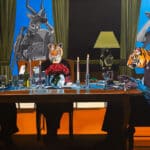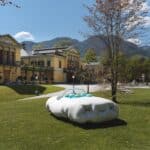The TRILOGIA POPOLARE in Erl
This can only end badly: When the soprano and tenor love each other, the baritone bursts in between them, who in turn "claims ownership" of the soprano. Logical - after all, he has no vocal counterpart (mezzo-soprano or alto) at his side. The formula is highly simplified, but it works: Verdi makes use of the relationship model in "Rigoletto", "Il Trovatore" and "La Traviata" and creates genuine operatic scandals.
Where in Italy in the 1850s a predominantly aristocratic audience filled the boxes and seats in the theaters, Verdi puts the social outcasts on stage and gives them a voice to question encrusted moral concepts and the abuse of power. The nobility sniffle in disgust as a singing hunchback drags himself across the stage when a prostitute becomes the tragic heroine. Verdi experienced first-hand what drives Violetta to the margins of society: The bourgeoisie in Busseto react indignantly to Verdi, who lives with the soprano Giuseppina Strepponi, unmarried - who also has three children by different fathers. Strepponi is not "socially acceptable". The fact that she is able to support her children, her mother and her siblings on her salary alone does not soften the wealthy bourgeoisie to an "acquittal". Verdi has had enough of the double standards and moves to the country with Strepponi.
If all the "fallen ones" cannot sit in the theater without hostility, they should at least have their peace and the undivided attention of everyone on stage. As if his outsider portraits "Rigoletto" and "La Traviata" weren't scandalous enough, Verdi ignites a hysterically weird showpiece with "Il Trovatore" that tramples all psychological depth. It is the partisanship for the creature that drives him. He chases the characters from one extreme situation to the next in this eruptive score - music that bewitches. Attracted by the surreal, shrill magic of the piece, Pretty Yende chose the Verdi cycle in Erl for her Leonora debut in "Il Trovatore". In general, the "Trilogia popolare" - in concert format - promises to be a festival of voices. With Ludovic Tézier and Luca Salsi, the Festival is able to present the most important Rigoletto interpreters currently performing in Erl.
July 12 and 27, 2025

